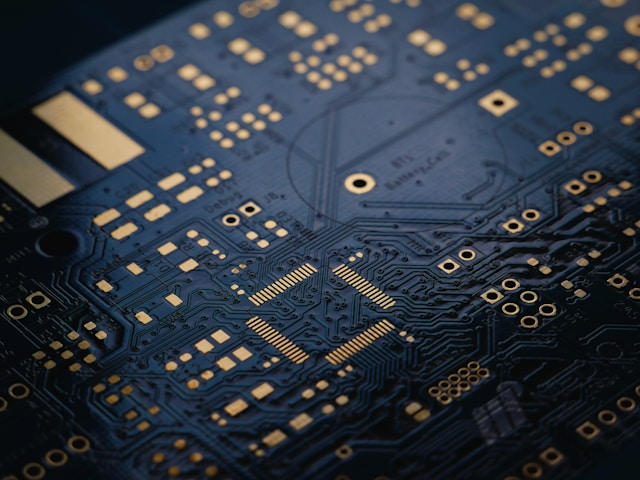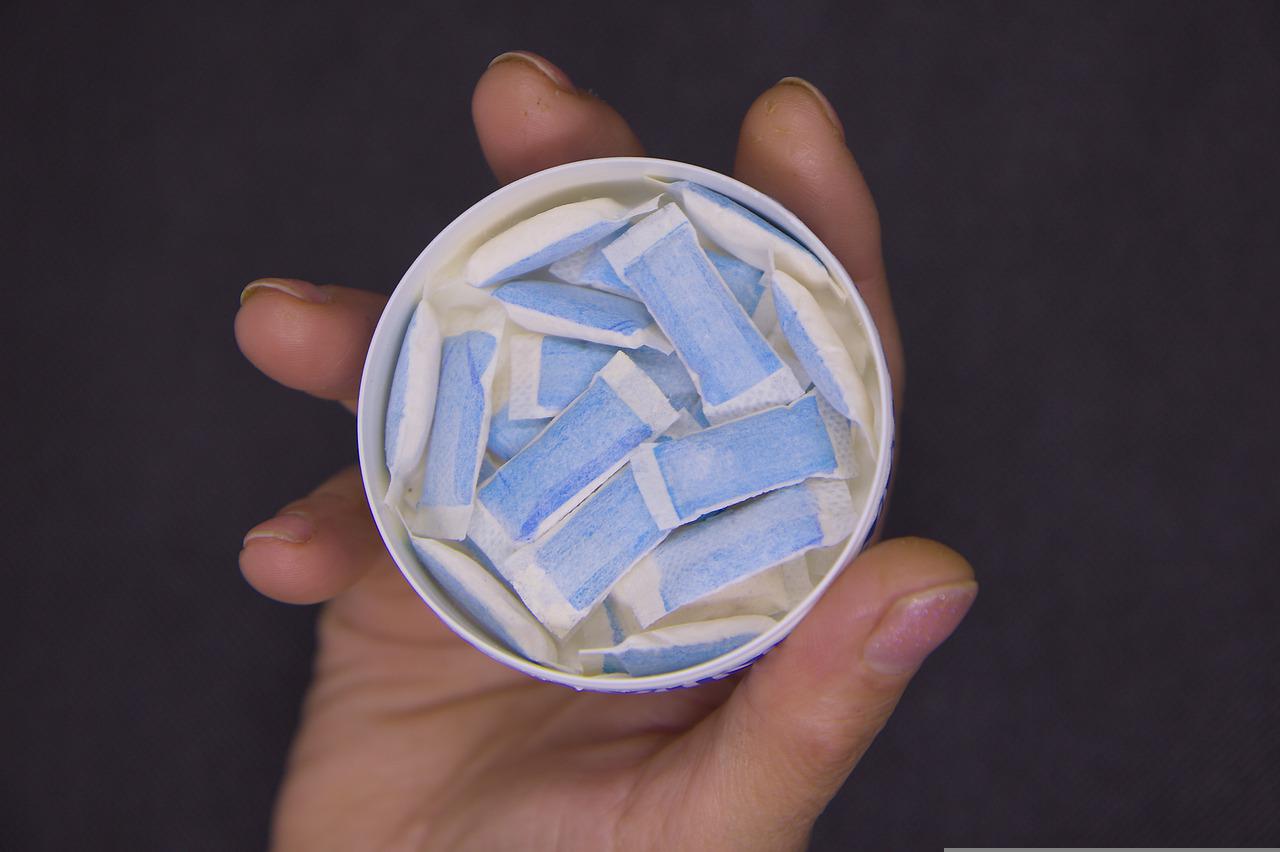Throughout the history of computers, one aspect that has restricted its growth is permanent storage. From floppy disks to refrigerator-sized hard drives, many attempts have been made to find the best possible way to store information for future generations.
Researchers from the University of Michigan and New York University have discovered a new method of storing data in microscopic particles suspended in a solution.
Just one tablespoon of liquid could replace your bulky external hard drive someday
According to this new wet information storage technique, nanoparticles suspended in liquid could be used to encode the same 1s and 0s stored on conventional hard drives. The simulations have shown that a 3% concentration of 12-nanoparticle clusters can store up to 1TB of data.
The researchers used an analogy of a Rubik’s cube to illustrate how the storage works
Like different colors of the cube, nanoparticles are attached to a central sphere that could be twisted and turned in almost eight million unique states, which is the equivalent to 2.86 bytes of data.






